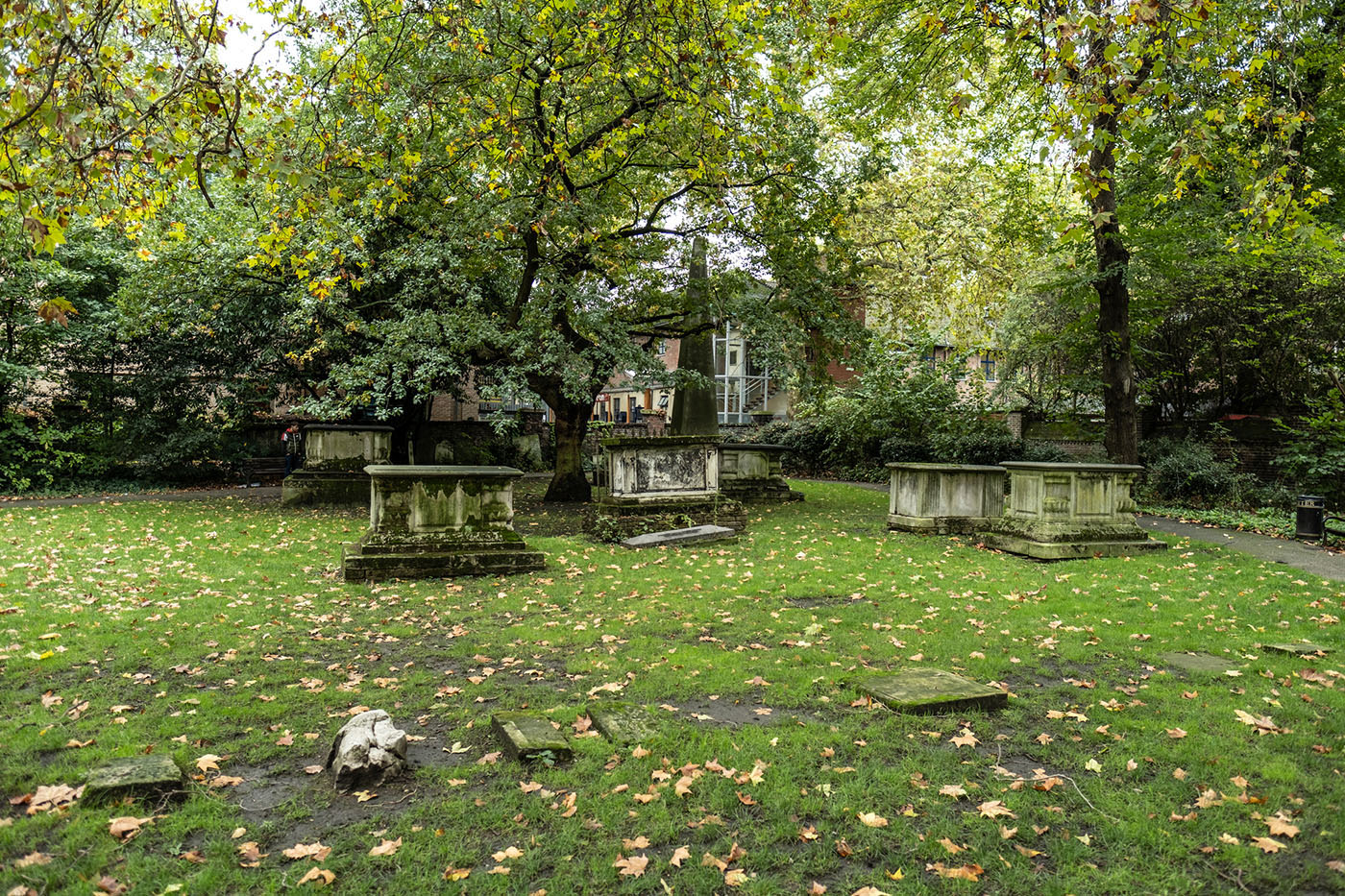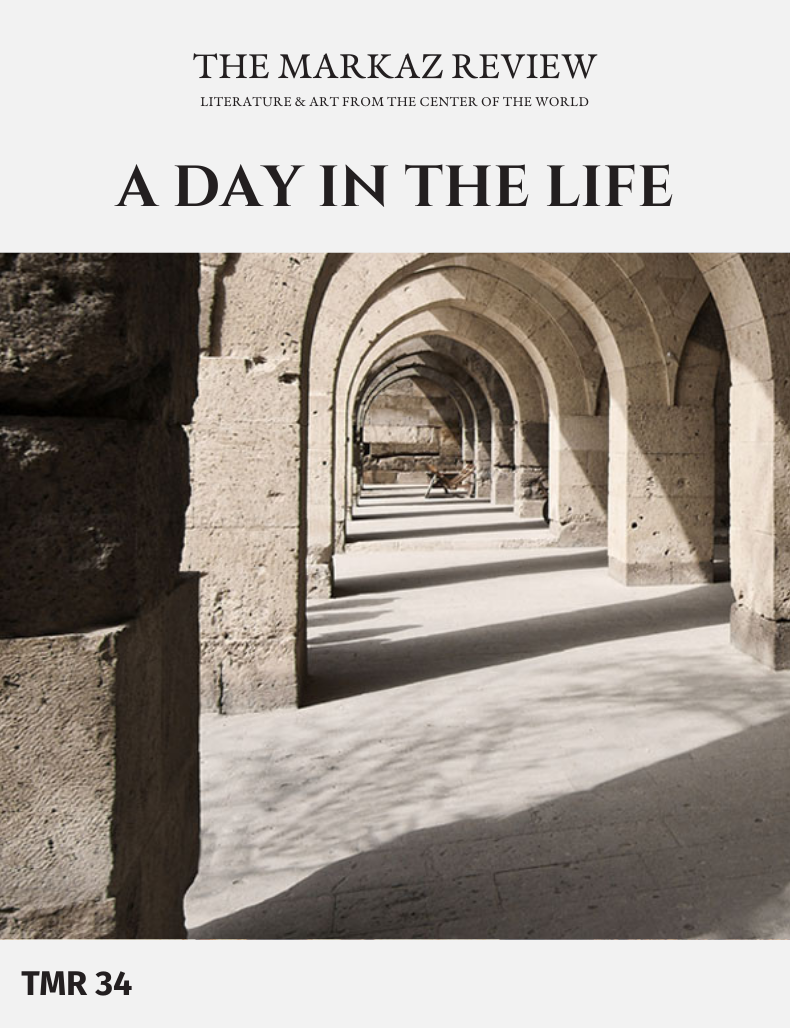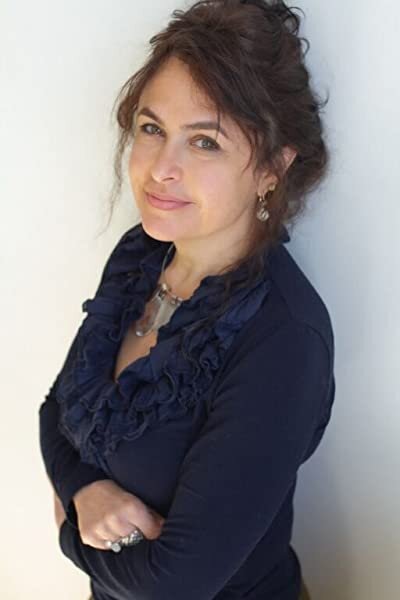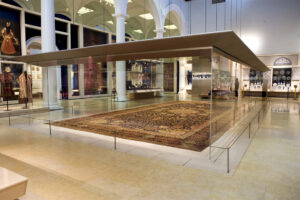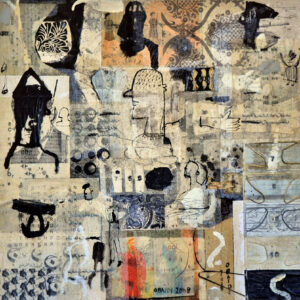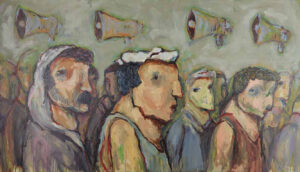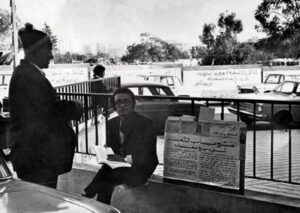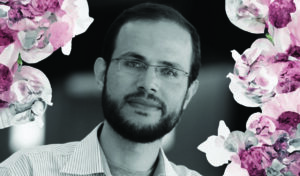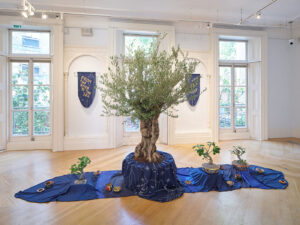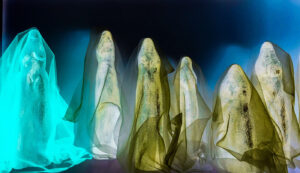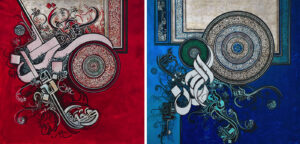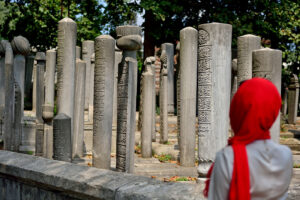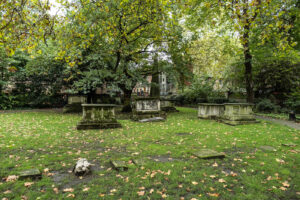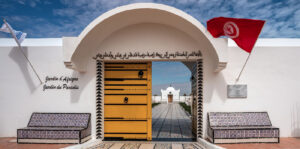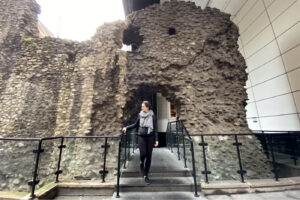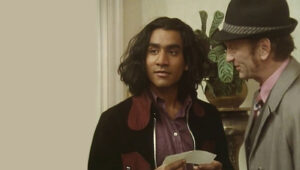A writer's jog unlocks a treasure trove of stories that transcend the boundaries of the park in which she runs.
It’s a Sunday and I am waiting for my cemetery to open.
There are two cemeteries in my life. The first one is next to my house. Its oldest graves are from the middle of the 19th century. It opens at 7:30am.
The second one, St. George’s Gardens, started welcoming the dead in the 1710s. I walk through it on the way to work. On a damp day last week, I saw two bright figures on the ground by the entrance. The concrete would’ve been sticky against their skin. They had a zipped open purple sleeping bag and the way their legs and heads jabbed around indicated drugs to me. As did the puncture marks that scarred their legs. Yet their faces, when they turned in my direction saying:
Yeah fuck off whatcha looking at?
were pure porcelain.
I like to say that I run, but my movements are more awkward than that. Part of this activity takes place in a cemetery, as the park in my area is the size of a tennis court, populated by personal trainers wearing hoodies saying Don’t Talk To Me I Am With A Client, fathers pushing toddlers around, dogs, the homeless and smokers. A housed ex-smoker with independent children and cats, I have nothing in common with this crowd. The open green lawns are owned by a private school for boys, which has an anxious approach to how much space it believes it needs: there are at least two cricket, two rugby, and three football pitches for the one school. I have yet to see the fields in anything close to full use, seeing even one game going on is a rarity. The same educational feudalism exists in the town where my parents live; one third of the land being taken up by an all-girls private school, complete with wild woodlands. I can’t imagine anyone uses the woods, other than for the occasional suicide.
We need a revolution.
My outdoor exercise is a new development in my life. Before this I had a cross trainer that I brought back from Bahrain. It enabled me to exercise there when I had babies inside the house and scorching heat outside of it. When it started malfunctioning, an unexercised man from a repair company came to service it. He told me I needed a crankshaft. His company folded. And no crankshafts are available as that company folded too. Buy a new machine, I’m told. It’s cheaper. Two men, one with trailing shoelaces, take the cross trainer away as junk. Sue the repair service, they tell me.
As a runner, my experience rarely transcends the pained. I am not Murakami. I have no intention of writing a What I Talk About When I Talk About Running. I have a playlist though, one that meanders through different periods of my life.
KeaneTheTeardropExplodesMashrouLeilaImaginationZebdaTheCharlatansSoapKills
which helps to keep me going for the 30 minutes I force myself to stick to. The cross trainer had the advantage of allowing me to watch hours of
CallmyAgentEthosLupinMythomaniacWildWestCountrySpiralWhiteLotusSuccession
and not feel too guilty about it. The period of my life I find myself going back to when my mind is spiraling off is living in Cairo in my twenties. I believe this was triggered by researching a foreword for a new edition of Nawal El Saadawi’s Woman at Point Zero, which, being written in 1973, is almost the same age as me.
How did she do that? It could have been written yesterday.
In Cairo, I had no air-conditioning in my flat. In the summer, would measure the heat by how many times in one night I needed to get up, shower, and go back to bed, still dripping. Five was the highest. I see myself in that Tahrir Square flat on the sofa with its Syrian woodblock throw, reading. Cairo is a city with its own heartbeat; a constant 24/7 buzzing, beeping, tapping, clanging, shouting noise. It was as though every person, every object, every spoon needed to proclaim that it was alive, alive! ALIVE! From my bedroom I could see the Mohammed Ali mosque. From the sofa where I read Woman At Point Zero for the first time, I looked onto a Two Star hotel where a tourist once came onto the balcony wearing nothing but her hair. A man followed. The couple sat facing each other bathed in a post-coital glow.
I was closer to Point Zero back then.
On Tuesday, I went to Southwest London with my daughter to attend a solidarity fundraising event for the Jenin Freedom Theatre. The show was pulled together by some actors and directors in a matter of days after the assaults of July 4th-5th, the worst attacks on Jenin since 2002. Tanks and helicopter gunships were used to expel 3,500 residents from their homes. Israeli soldiers entrenched themselves in Palestinian family homes, their Alsatians snarling at trapped children who’ve been tearful and clingy since. Ahmed Tobasi, the theatre’s Artistic Director, speaks to us from Jenin via Zoom. His black baseball hat is pushed back on his head. Squint and he could be a cleric from Al-Azhar.
—When we have visitors to Jenin, we take them to the cemetery, he says. In other places, you have the pyramids; here, we have the cemetery. The visitors cannot believe how filled up it was in just two years.
There is nothing for the kids to wish for here, except to be a martyr, nothing to hope for.
—It is good to see you, he says as the laptop camera is rotated around the audience, to capture everyone on the camera, so that Jenin can see us too. This is great, Tobasi reiterates, we thought we had been forgotten. It gives us hope.
Hope is power, says Nawal El Saadawi.
At times, my daughter and I are laughing; at others, crying. I have no choice but to let my children know that their inheritance is one of massacre, expulsion, and hurt. A couple of days after this event, the London theatre’s Creative Director, a young man we meet there, dies of a heart attack. His funeral takes place on the day he was due to move into a new house with his new family.
When looking for good examples of forewords, as opposed to introductions or prefaces, to use as models for the one I am drafting, I find Lydia Davis’s foreword to Lucia Berlin’s collection of short stories, A Manual for Cleaning Women. In it, she ends by quoting three short lines by Berlin:
So what is marriage anyway? I never figured it out. And now it is death.
I don’t understand.
If the dead in my cemetery were to come back to life, we could put on a show. In my head I divide them up into performers and members of the audience. The actors are mainly Victorian. There’s a music hall singer whose grave is covered with flowers and framed black and white photos. The children would enjoy hanging out with the brothers who developed some of the world’s first airplanes. There would be side rooms for the Irish drinkers, the Polish poets and the Iranian generals. Given the number of empire builders from Egypt, Sudan, and India, the performance would need to be an edifying post-colonial spectacle of some kind. Woman at Point Zero, for example.
This running may not make me as fit as I would like, but when the only focus is to keep going, a meditation of sorts is enforced. I turn the corner to the main route through the graveyard. The clouds are baggy, rain-filled. My body, after weeks of trying to push it to become more fluid, finally seems to take notice; it picks me up and propels me forward. It strikes me then, during that short sprint past the graves, the contrast that I am looking for, and
it quite simply feels just so good to be alive.



